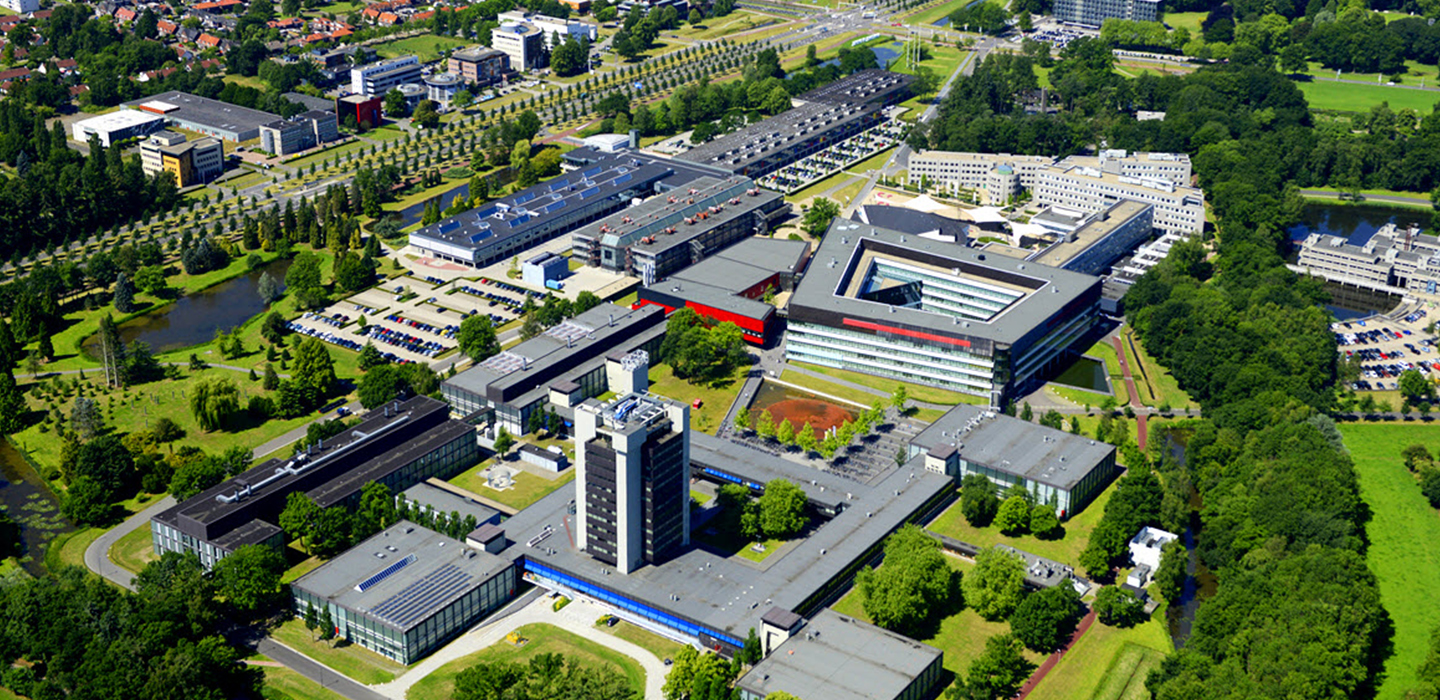We are pleased to announce that the 2024 EU-SPRI ECC Conference “Enhancing innovation ecosystems for a sustainable world in times of dramatic change: A policy challenge” is now open for submissions!
The conference will take place in Bari on 30th and 31st October 2024, jointly organised by Politecnico di Milano – School of Management (IT), University of Twente (NL), and Politecnico di Bari (IT).
Purpose and thematic areas
Global warming, pandemics, unprecedented technological progress and wars are fundamentally reshaping how innovation ecosystems can contribute to a more sustainable world. We identify three key thematic areas that demand attention from scholars. First, while the advancement of platforms and AI technologies is expanding the scope of innovations and entrepreneurial opportunities, concerns persist regarding the potential negative consequences of these powerful tools. Second, the pandemic has accelerated the recognition of the necessity to support “deep tech” innovation to address significant societal challenges effectively. Third, as innovation becomes more open and less constrained, there is a noticeable trend towards de-globalisation, resulting in polarised and more closed economic systems.
Therefore, the conference invites scholars and practitioners to reflect on the policies and strategies to enhance innovation ecosystem initiation, unfolding, and emergence for sustainable purposes, particularly in times of dramatic change. This topic is especially relevant and urgent given the evolving market landscape in the wake of transformative changes such as technological advancements (e.g., platformisation and deep tech) and de-globalization, which have the potential to exacerbate inequalities across nations, regions, and local communities worldwide.
The organising committee invites submissions of full papers based on original research engaging with the theme – more details on the call for papers theme can be found here.
Special Issue: Technovation
N.B: Authors of the best papers will be invited to submit their work to an open call for papers in Technovation (see here more info). Hence, the conference represents a unique occasion to receive detailed feedback from the guest editors of the call. Please note that acceptance for publication is not guaranteed.
Submission guidelines
For further details and practical information on how to submit, and register to the conference please check the following document [Submission guidelines].
Keynote speech
Carmelo Cennamo, Professor Strategy and Entrepreneurship at Copenhagen Business School.
Important dates
- The deadline for full paper submissions is 29 April 2024 23:59 CET. (extended deadline)
- Notification of decisions will be shared with authors by 15 May 2024.
- Conference registration opens on 15 May 2024.
- Conference registration closes on 15 June 2024 23:59 CET.
Target audience
The ECC Conference primarily aims to engage early career researchers (e.g., Assistant Professor, Post-Docs, and PhD candidates). However, contributions from experienced researchers and scholars in related disciplines are also welcome.
Organising committee
Angelo Cavallo (Politecnico di Milano School of Management) – Scientific Coordinator
Umberto Panniello (Politecnico di Bari) – Scientific Coordinator
Yazan Devrim Murat (University of Twente) – Scientific Coordinator
Antonio Messeni Petruzzelli (Politecnico di Bari)
Massimo G. Colombo (Politecnico di Milano School of Management)
Daniela Silvestri (Politecnico di Milano School of Management)
Letizia Alvino (University of Twente)
Alessandro Lucini Paioni (Politecnico di Milano School of Management)
Angelo Natalicchio (Politecnico di Bari)
Lorenzo Ardito (Politecnico di Bari)
Contact Info
For any query or additional information, please contact euspribari-dig@polimi.it.
We look forward to receiving your submissions and welcoming you in Bari!


